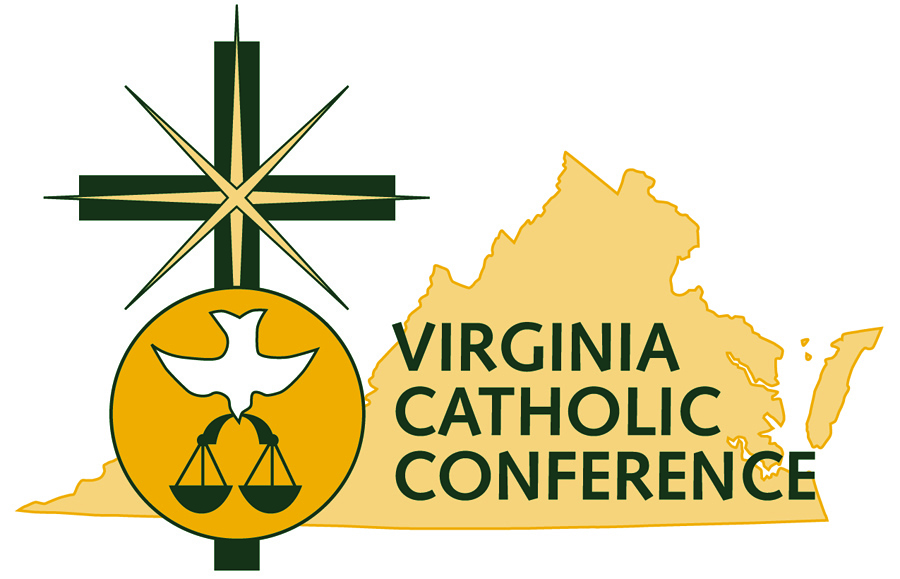This General Assembly session (Jan. 13 – March 1) was unique in form and substance. Public comment during committee hearings was only taken virtually. On a number of occasions, opportunities to testify for or against legislation were denied or limited considerably. Due to strict bill filing caps, legislators made careful decisions about which measures to propose in 2021 and which ones to save for a future year, and committees addressed far fewer bills than in prior years. Nevertheless, the consequences of this year’s session were undeniably far-reaching.
What passed?
Abortion coverage expansion. Numerous longstanding protections for the unborn and pregnant women were dismantled during the 2020 session, and the erosion of life-affirming laws continued in 2021. Legislation enacted this year removes abortion coverage restrictions for plans participating in Virginia’s health insurance exchange. The exchange is a virtual marketplace created under the federal Affordable Care Act through which an estimated 240,000 Virginians acquire their health plans. Beginning July 1, exchange-participating plans – many of which are subsidized with taxpayers’ money – will be allowed to cover abortion without limits.
Death penalty repeal. Historically, more executions have been carried out in Virginia than in any other state in our country’s history. Transformational legislation enacted this year, however, makes Virginia the first southern state and the 23rd nationally to end its death penalty.
Marijuana commercialization. Enacted legislation creates the framework for a commercial market for marijuana in Virginia, with retail sales to those 21 and older permitted beginning Jan. 1, 2024. The legislation also fast-tracks legal possession and home cultivation of marijuana, allowing those 21 and older to possess up to one ounce and allowing “households” to home-grow up to four plants beginning July 1 of this year.
Repeal of genetic counselor conscience protections. A law in place since 2014 ensures that Virginia law does not “require any genetic counselor to participate in counseling that conflicts with their deeply-held moral or religious beliefs.” Though these conscience protections received overwhelming bipartisan support when they were approved seven years ago, they were repealed this session and will be erased from law beginning July 1.
First step against Virginia’s Marriage Amendment. Virginia’s constitution defines marriage as the union of one man and one woman – a definition approved by Virginia voters in November 2006. This year, however, a resolution to remove this provision from Virginia’s constitution and to replace it with language to “recognize marriages … regardless of the sex or gender of the parties to the marriage” passed the General Assembly. If the resolution passes next year, it will appear on the ballot in November 2022.
What did not pass?
Repeal of adoption conscience protections. For the second consecutive year, legislation sought to end a conscience law that ensures Catholic Charities and other faith-based adoption and foster care agencies can provide services consistent with their beliefs. This year, the House passed the bill, and a Senate committee approved an amended version of it. The full Senate, however, sent the highly contentious measure back to the committee, where it died when no further action was taken.
Parental consent. Legislation prohibiting state and local health officials from initiating communication with minors about sex-related topics without parental consent passed the Senate by one vote before being defeated in a House committee. The bill was introduced in response to a previous Virginia Department of Health initiative (the “BrdsNBz” program) encouraging kids and teens to text questions about sex, relationships and contraception to a “sexual health textline.”
Repeal of minimum wage exemption for farm workers. Last year, the General Assembly raised Virginia’s minimum wage, but the bill did not apply to agricultural workers. Legislation introduced this year to include farm workers passed the House but was defeated in a Senate committee.
How did your legislators vote?
View the full VCC vote report at www.vacatholic.org (see the “See how your legislators voted” banner).
The Virginia Catholic Conference is the public-policy agency representing Virginia’s Catholic bishops and their two dioceses. To sign up for VCC email alerts and updates, please visit www.vacatholic.org.

